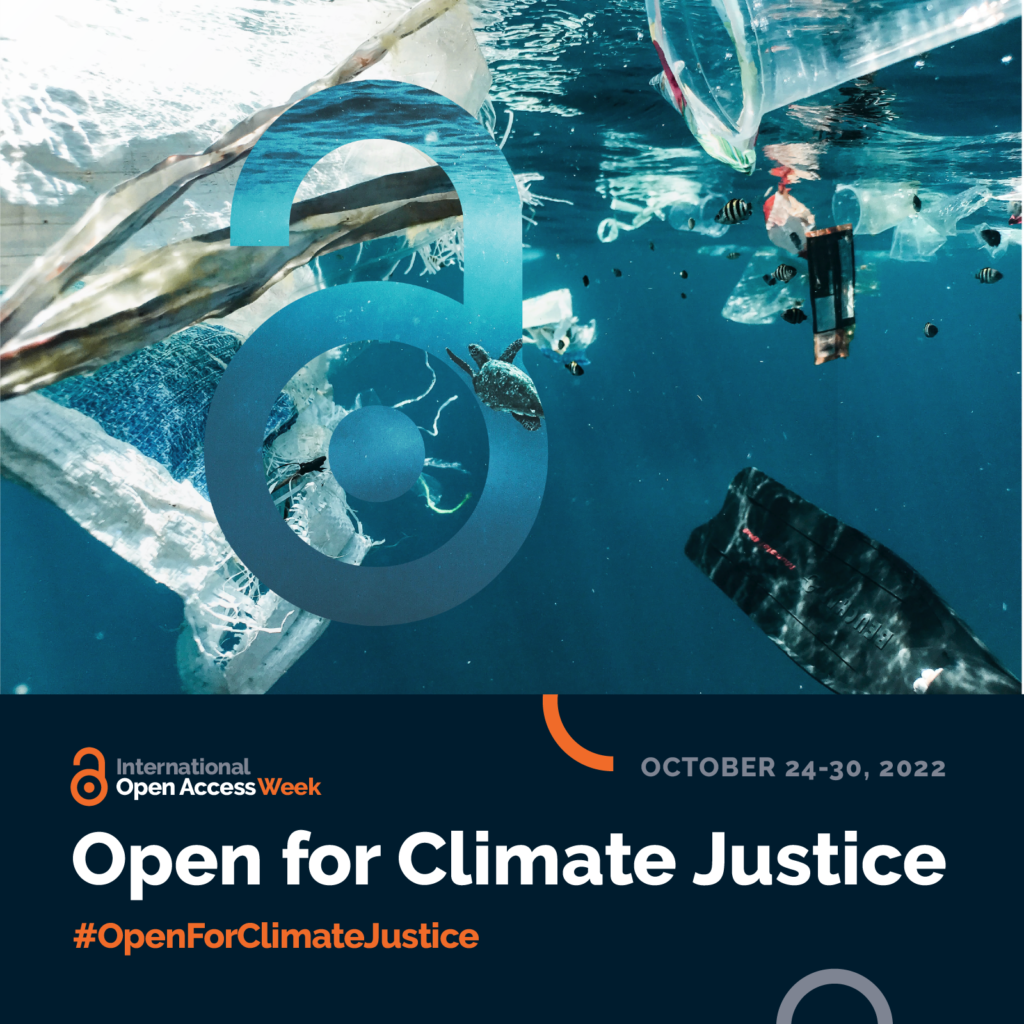For our third Open Access Week blog post, we consider why open access needs to be global and highlight some research from the Business School.

With the theme of ‘Open for Climate Justice’, this year’s International Open Access Week invites us to collaborate, making connections between the climate movement and communities of research users (universities, practitioners, policy makers, members of the public) worldwide.
A global issue

Conversations about climate change must be global in order to be effective; after all, it’s a problem that affects us all. Open access ensures that research users across our planet can benefit from research findings and data and contribute to the conversation on an equal footing. It works in two ways.
- The first is obvious: those working in developing countries without the finances to purchase library subscriptions can keep up to date with developments in their discipline.
- The second way is perhaps less obvious. In order to share their findings, researchers need not only to publish, but to do so alongside their contemporaries. When submitting their work for publication, they need to show they have read all the relevant literature – it’s one of the first criteria editors and reviewers consider on receipt of a submission. This can only happen if these researchers have access to all the scholarship in their field.
So, open access publishing not only shares your work more broadly, but also enables us to work together as a global research community to bring about change for climate justice.
Research from the Business School

To show how it’s done, our Business School colleague Professor Christopher Dent published his work on ‘Climate Action through Free Trade Agreements’ in the journal Energies last year. Free to read and re-use by anyone, this piece already been cited by the Food and Agriculture Organization of the United Nations!
For any queries about this article, please contact Chris directly.
- Trade, Climate and Energy: A New Study on Climate Action through Free Trade Agreements. Christopher M. Dent. 10.3390/en14144363
Blog post by: Michelle O’Connell, Academic Engagement Specialist
